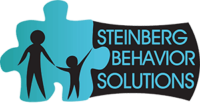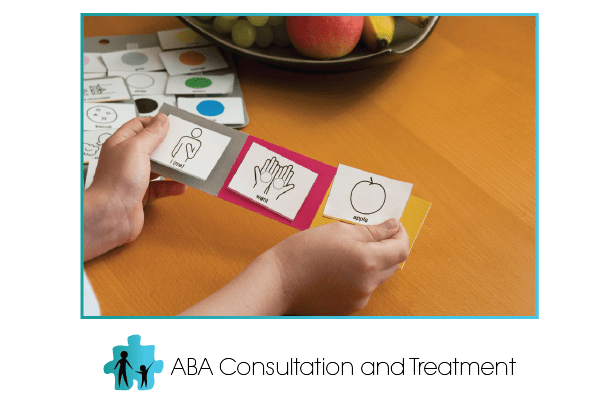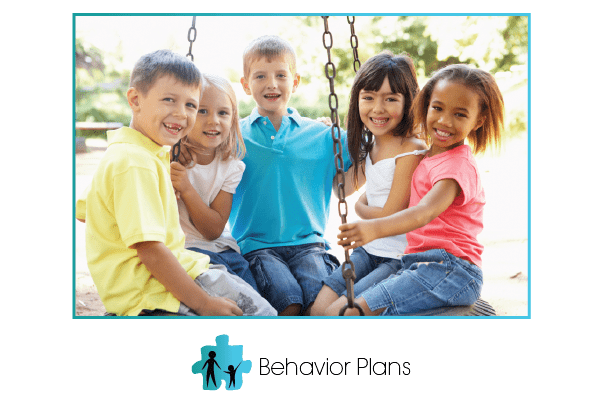It is well known that deficits in social skills are common with children with autism
spectrum disorders (ASD). Each child with ASD is unique and may have different
social areas they struggle with. The good news is that there are many interventions
to help those with ASD improve their social interactions!
Evaluating Social Interactions
It is important to evaluate social interactions before beginning any social skill building program. The process of evaluating social skills can involve direct observation of your child in social situations and also interviews with parents. Direct assessment can also be used to help evaluate a child’s ability to perform social skills such as: making eye contact, understanding social perspectives, and reading facial expressions. It is important to look at both what the individual child’s deficits are and also what is developmentally and age appropriate to teach.
Social Skills Activities for Early Learners
For young children, the first social interaction they have is with their parents and other caregivers. Teaching early social games like peek-a-boo and rolling a ball back and forth can help create a social connection and promote social reciprocity. Around age 2, children start engaging in parallel play; that is, playing next to a peer but not interacting. Providing children with ASD plentiful positive experiences to engage in and be reinforced for engaging in parallel play with help promote this important milestone. Children this age can also start recognizing people’s facial expressions. Teaching children what a “sad” and “happy” face looks like can take the form of role play. This can also extend to books or videos whereby pausing during a book or video to point out a character’s face and how it shows what they might be feeling can serve as a beneficial learning opportunity.
Social Skills Activities for School Ages Learners
As children enter the elementary years, social interactions become more complex and nuanced. This is often when we see learners with ASD struggle to understand their peer’s feelings and actions. You may see a learner have difficulty sustaining friendships, making and sustaining appropriate conversations, or understanding socially appropriate behaviors. Some of these skills can be taught via didactic instruction, such as explaining how far to stand from someone when talking, and then practiced during role play or within a social group.
ABA therapy programs can address these social deficits and help a child both understand what appropriate social interactions are and when to practice them. While many times during in-home sessions there may not be peers available, the skills can be practiced with therapists, siblings, and parents. There is definitely benefit for a child to become fluent with these skills in the safe, comfortable, home setting before practicing them in larger, unfamiliar settings with potential novel peers. Scheduling play dates during therapy time can be beneficial and a great way to practice social skills with a therapist or BCBA there to help prompt interactions, if needed!
Social skills are an Important Part of a Therapy Program
A quality ABA program will look at each learner holistically and focus on all areas that are an important part of their development. Steinberg Behavior Solutions’ comprehensive programs make sure that all needed skills are targeted and developed in developmentally appropriate ways, using empirically validated methods.



